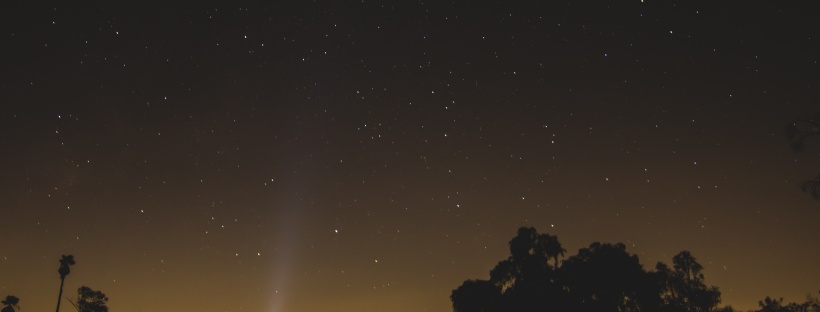One of the reasons I love where I live is its remoteness. But when events that rock the country take place, like the deaths of Philando Castile, Alton Sterling, and the five police officers in Dallas last week, they feel very far away. In this remote place, it’s the city centers that seem like wilderness.
I transplanted from Minnesota to the mountain West; I grew up in a suburb of Minneapolis. I’ve never been to Falcon Heights, but the death of Philando Castile hit home in a way that this pattern of killings has not yet done. I never knew this type of violence was possible in my home. Likely that speaks more to my idyllic upbringing than any sort of decline over time. From what I read as I finally became a follower of the Black Lives Matter Minneapolis movement on social media, the death of Philando Castile horrified and yet did not surprise the black community.
I’m writing now to try and understand, express my support, and feel as if I am “doing” something, as we humans do when tragedy strikes. I worry that my writing is problematic because of the privileged place my physical features and upbringing place me along racial and socioeconomic lines. I worry that I will say the wrong thing in my ignorance. That my speaking may mean someone else has to be silent.
But I think, too, because of that privilege, I have a responsibility to speak. As our president said, this violence is not just a “black problem,” just as gender-based violence is not just a “woman’s problem.” I need to recognize own my part in benefiting from the institutional racism present in our country. Being in a remote mountain town doesn’t get me out of that.
For me, that means remembering that, despite how being in wild places makes me feel free and whole, that feeling comes from my place of privilege. Wilderness is not free of history or context. My idea of wilderness has been shaped just as much by a history of expansionist, racist rhetoric and policies that emptied these lands as it has been by Henry David Thoreau. Despite being in a small, remote town, I can’t pretend that the problems taking place in urban spaces don’t affect me, or that I don’t carry my country’s hurt and history with me when I go into the wilderness. For people of color, or members of any nondominant group, I can only imagine how that feeling amplifies.
I can’t fly back to Minnesota and join protests or make my little town insert itself onto the national stage. But I can mourn and express my solidarity with those subject to violence, especially institutional violence, and continue working at being an effective ally in the long journey ahead to end that violence.

